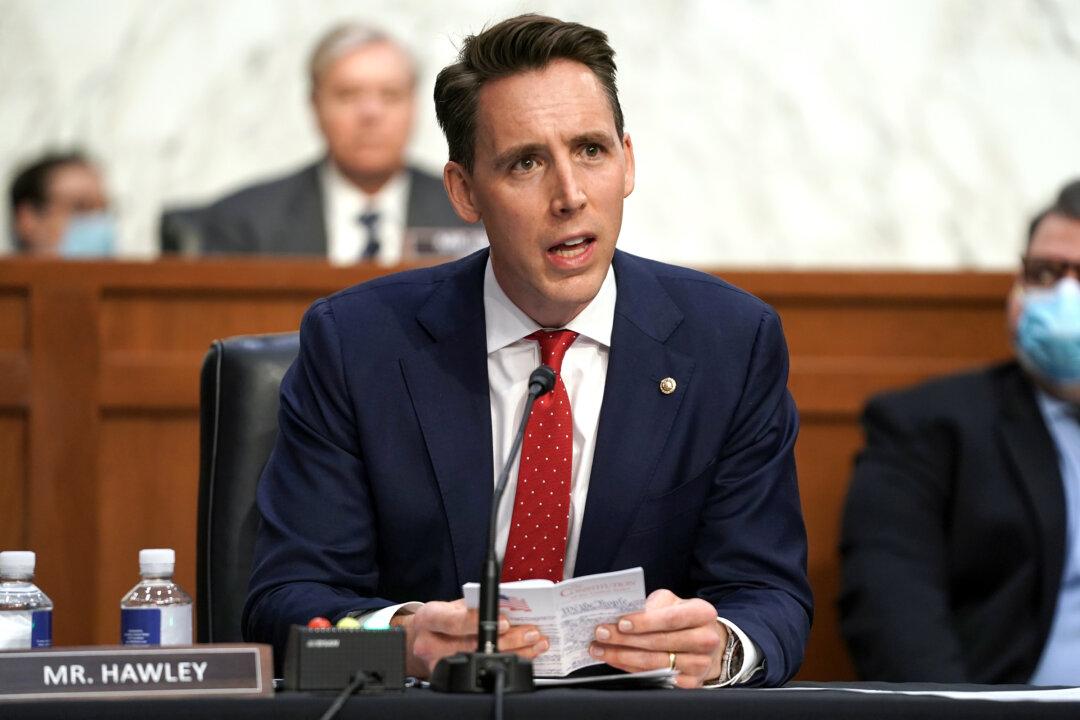All members of Congress and their spouses would be banned from trading individual stocks under new proposals introduced this week by one Republican and two Democratic senators.
“Year after year, politicians somehow manage to outperform the market, buying and selling millions in stocks of companies they’re supposed to be regulating. Wall Street and Big Tech work hand-in-hand with elected officials to enrich each other at the expense of the country,” said Sen. Josh Hawley (R-Mo.) in a statement announcing his proposed “Banning Insider Trading in Congress Act.“





